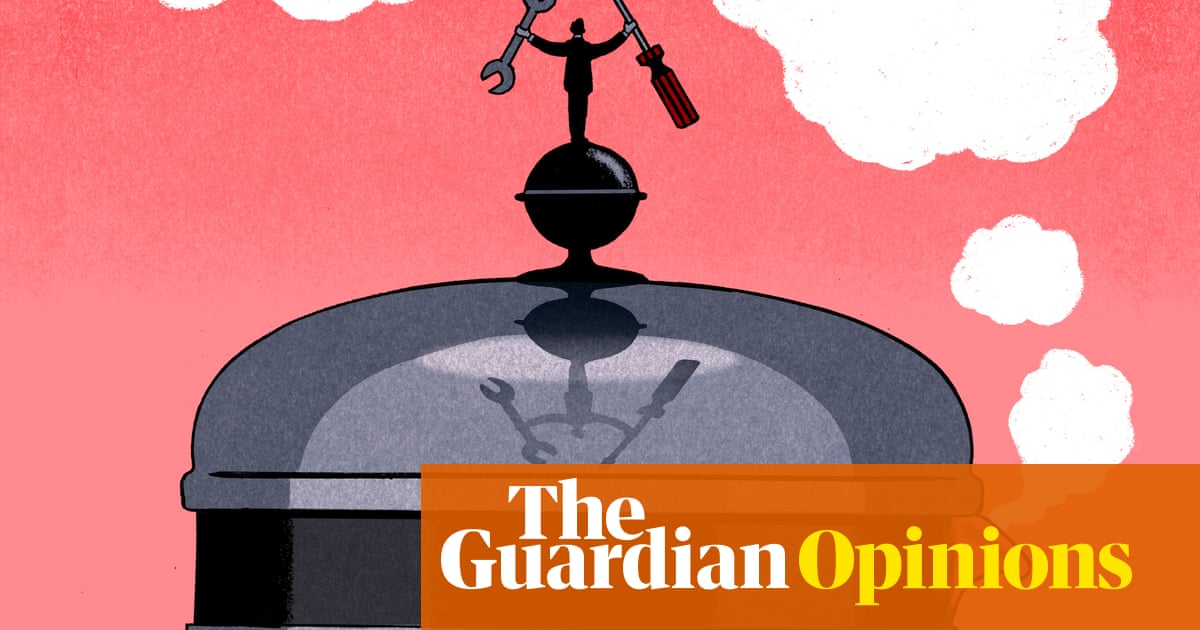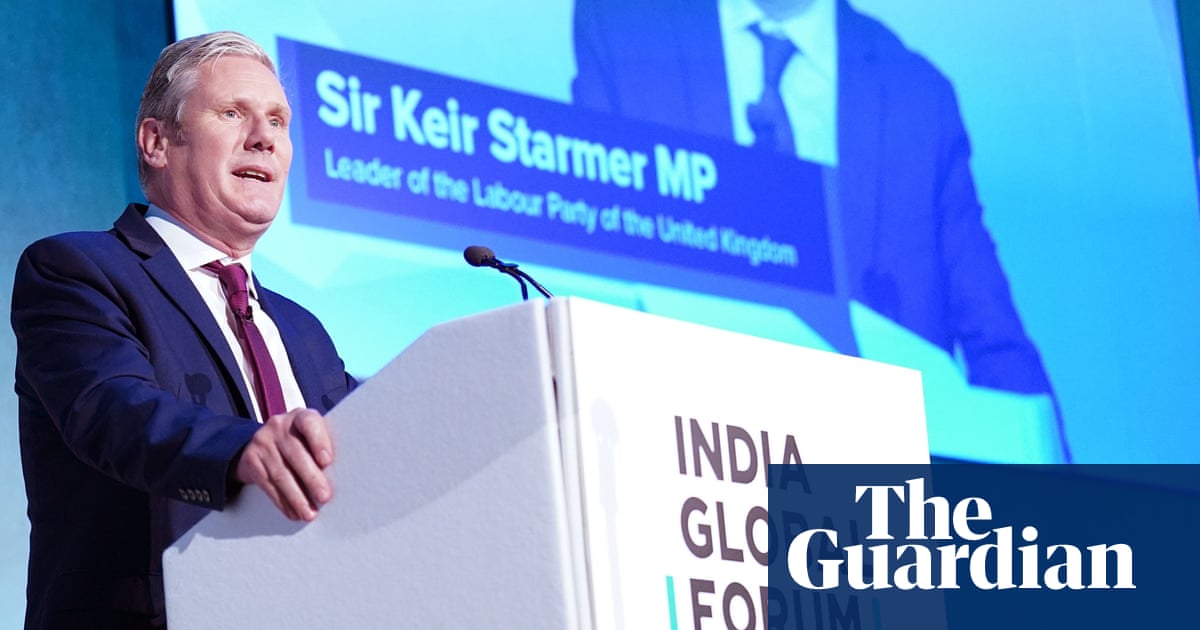
Labour has talked down to voters for too long Angela Rayner has said, in her first bid to assert her newfound authority as the party’s voice of the working class.
In an article for the Guardian, the deputy leader said Labour would invest tens of billions of pounds in green industries to boost jobs in areas where manufacturing has declined. The proposal, in her new brief on the future of work, is designed to be an answer to Labour’s critics who say the party has offered few bold new policies.
After a bruising weekend where she battled the Labour leader, Keir Starmer, over a planned reshuffle and emerged with a new shadow cabinet brief and licence to set out her own stall, Rayner said the party must speak to the people on minimum-wage jobs who she grew up with.
In a coded criticism of Starmer’s performance as leader, despite the pair’s public shaky truce, Rayner said that politics could not be “the language of parliament or party processes”.
“For too long we have been distant from the people we are here to represent. I know this is the case because it’s my mates that I grew up with and who are working minimum wage jobs that we need to speak to and speak for again,” she wrote.
“For too long we have given off an air of talking down to people and telling people what they need or even what they should want or what they should think.”
Rayner said she owed everything to the Labour movement, a veiled comparison with other figures. “It’s only because of the Labour party and our trade union movement that I’ve gone from no GCSEs and a minimum wage job to where I am today,” she said.
“So it is my responsibility now to make sure that we learn the lessons and reconnect with the people and the places that we are here to fight for, and to make sure that they know that we speak for them and that we are on their side.”
On Monday, Starmer moved to ease Labour party tensions with an address to staff and shadow cabinet members explicitly praising Rayner but warning of the risks of turning inwards.
But he also faced a backlash from trade union leaders who demanded to know the influence of Blair-era adviser Peter Mandelson, who has been informally advising Starmer’s office.
On Monday, Aslef’s Mick Whelan, who chairs the umbrella group of trade unions Tulo, wrote to Starmer demanding he repudiate comments made by Mandelson about trade union links with the party.
“These have caused considerable concern and anger,” Whelan wrote in a letter seen by the Guardian. “I would ask that you say something publicly, in short order, to make it clear that you reject these comments, and that there will be no attempts to break, or water down, the union link. The union link is one of our most effective tools for re-engaging with working people who have turned from us. It is not an obstacle.”
MPs also expressed private concern about Mandelson’s prescription for the party. “His view is that all dissent should be crushed but I don’t think that works in the modern world,” one senior moderate MP said. “That is not how Joe Biden won in the US for example.”
This week, Starmer will begin the first of several visits to sites of key victories like the West of England mayoralty and Wales, where Welsh Labour had one of their best results in last week’s elections.
He is understood to have been frustrated that the row over the reshuffle meant he could not visit places where Labour had exceeded expectations after a set of election results that were disappointing overall.
Rayner, widely seen as a potential leadership challenger, has received strong backing from the Greater Manchester mayor Andy Burnham, who would also be a likely key candidate in a future contest.
The pair have been in touch privately and Rayner praised his style in her Guardian article, saying Labour could learn the “lesson from Greater Manchester, where Andy Burnham showed the difference that Labour makes in power, connected with people and showed that he was on their side”. Burnham also urged the party to be bolder on Monday, saying the current atmosphere was characterised by “a caution that stops people putting forward clear policies”.
Also speaking on Monday, Starmer warned the party was “too internally focused” rather than concentrating on winning votes. Addressing his new shadow cabinet – where former shadow chancellor Anneliese Dodds has been replaced by his close ally Rachel Reeves – Starmer praised Rayner, saying she would now have a far more high-profile role “taking the fight to the Tories”.
Speaking of the local election results, he said: “To be clear, I take responsibility, nobody else. I lead the Labour party and it is entirely on me.” Starmer told his shadow cabinet that he would spend the summer speaking to voters who did not back Labour instead of “having rallies of the faithful”.
Sources said Starmer lavished praise on the Welsh first minister, Mark Drakeford, calling it “remarkable” how many people on doorsteps had praised his leadership through the pandemic, as well as praising the performance of each individual metro mayor victory.
He said Labour would spell out its vision for a “post-pandemic, post-austerity Britain outside the EU” in coming months including “changing the culture” of politics. “For too long people have been set against each other, old versus young, black versus white, town versus city. Our values are about bringing them together.”
MPs surveying the fallout of the Starmer-Rayner row, after it was briefed out at the weekend that she was being demoted in the wake of the elections, said they were shocked by the damage done to the party.
Some who backed Starmer in the leadership contest believe events have shown he still lacks political experience despite his prime ministerial demeanour and growing confidence in the debating chamber. “He is not a party man – the party is incidental to Starmer and he needs to learn lessons from that,” one MP who backed his leadership said.












